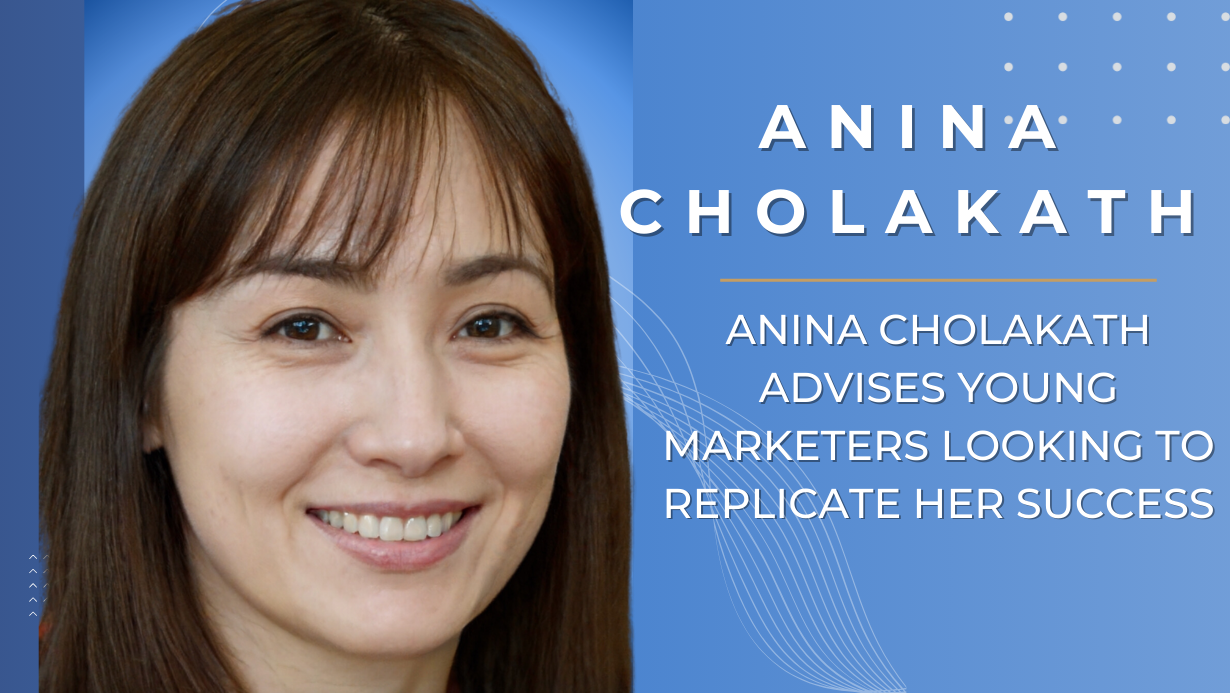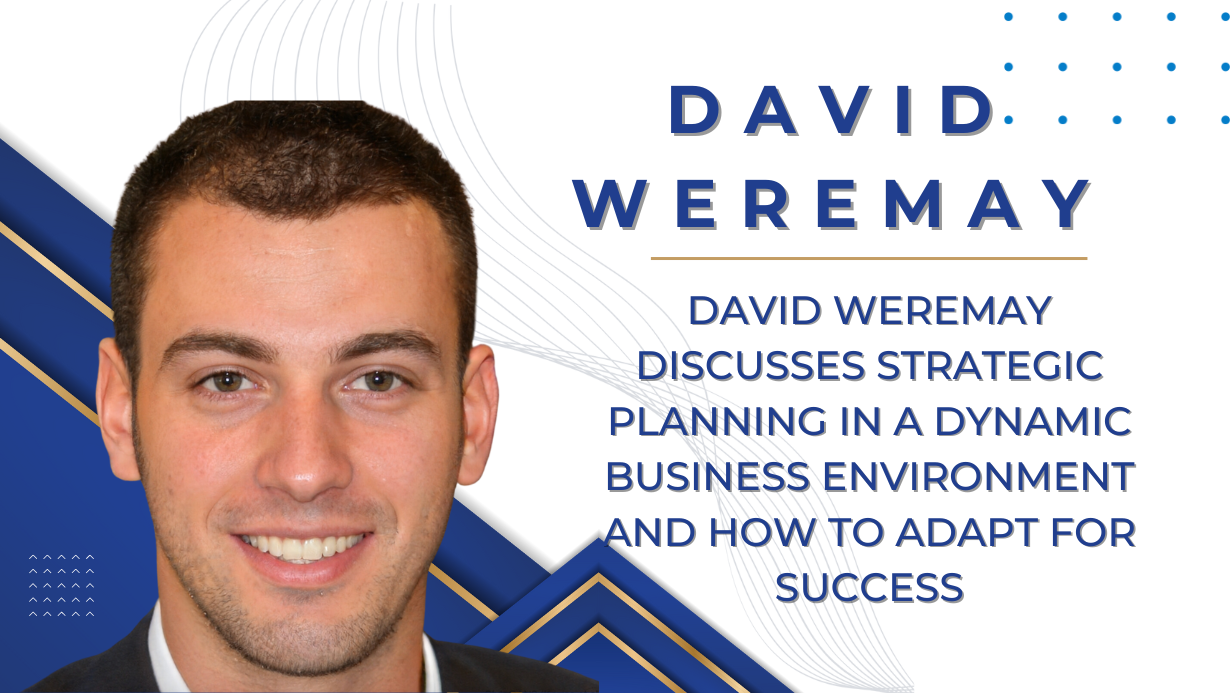HOW TO SEE YOUR PAST AS AN ADVANTAGE
Focus on the positive side of the coin
G I T T E RANDRUP
HR BUSINESS PARTNER, BLOGGER, CONSULT-ANT/RECRUITER,
Copyright by Gitte Randrup
I’m one of those people who grew up in what is considered an uncompromising environment, far stricter than most homes in the 70s and 80s. In my childhood home, we had strong values for neatness, honesty, and decency. We had to tend to our obligations and duties. We children were to be seen and not heard, and the expectation was that we would behave and do what we were told. My father had very clear opinions on matters, he was energetic and had the courage of his convictions.
Very quickly, I learned to adapt and do what was expected. I became an overachiever and a perfectionist. I constantly walked on eggshells to ensure a calm, peaceful environment. Everything I did, I did to be seen and appreciated. All this had disadvantages in a modern society that highly esteems eloquence, making one’s mark, and presentation skills. Then it’s not so good to have been raised like it was in the 50s and to be neat and reticent.

“However, looking back as a grown-up, I realize that something good came out of it. As they say, there are always two sides to every coin. Ultimately, we choose which of the sides we focus on.”
I’m not saying that it’s easy. It hasn’t been. It has taken a lot of work, blood, sweat, and tears. However, today I am in a much
better place. I don’t know if the fact that I’m hypersensitive as a consequence of my background. I assume it is. Regardless, the fact is, I am hypersensitive and experience everything that this entails, including tearfulness, overstimulation, fatigue, and taking things too seriously.
Yes, I could choose to be annoyed by all the disadvantages that arise upon visiting a mall or attending a social event with a lot of people. However, this column is not about that.
” Because, over time, I have learned how to focus on all the advantages that stem from being hypersensitive and to use them to my advantage. Being vulnerable is also a strength. These are the cards I’ve been given, so I can simply play them the best way possible.”
And what are the advantages of being hypersensitive? I would immediately capture the mood and atmosphere when I enter a room, at meetings, and the like. Often, I’ve been able to use this to my advantage in my work life because I knew what other people needed at the moment and could react accordingly so that everyone was heard.
For me, when I work, it’s necessary to keep out any noise with headphones. Otherwise, I’ll soak up that noise like a sponge. However, this gives me the necessary tranquility
for immersion to get things done. Small talk with the person sitting next to you is, therefore, an active opt-in now and then.
The same goes for working in open offices. Looking back, I should have negotiated to be able to work from home a couple of days each week. Then it would be a lot easier for me to concentrate. I can only call on others to try that.
Then there’s my spare time. Here, I’ve also used sensitivity to my advantage. I love to dance, and I dance the Argentine tango a couple of times a week. My sensitivity makes me a good dancer, as I quickly perceive and react to the lead of my dancing partners. Also, because the music goes directly into my body, I use it actively while dancing.
Are you one of those people who are irritated about your sensitivity and who just wants it to go away? If so, I urge you to consider simply focusing on its positive side. Your sensitivity will follow you through life anyway. Instead of fighting it, turn it to your advantage!
How I learned to accept and live with my perfectionism
For as long as I can remember, I’ve been a huge perfectionist. Back in school, I once unraveled the entirety of a small rag rug and started all over again because I’d made a few errors.
I also told my teacher that I’d pulled myself together and swot up a math exercise because I couldn’t stand bungling it. I wanted to know how to do it and be good at it. There wasn’t any other alternative for me. You may wonder how someone of such a young age can be that perfectionistic. I don’t doubt that it was because, as a child, I always sought to be good enough and to gain recognition from other people.
As far back as I can remember, I’d always strived to deliver in the most optimal way possible. It was always in the air that I didn’t do things in an acceptable way and that I had to improve.
”It wasn’t that high grades were expected from me, or that I had to land a prestigious job. It was more a fundamental feeling that it was completely unacceptable if I didn’t behave well, said what I wanted to say, or didn’t understand a math assignment.”
Later, when I went to university, I studied a lot – probably more than the majority. One time, I chose to leave the second part of an oral exam because I drew a subject that I hadn’t had the time to study. My teacher and sensor couldn’t understand why I wouldn’t give it a try to see how it went but that wasn’t my thing.
I told them I’d take the re-exam when I had studied up on the subject.
Then there was the time when I was devastated about a subject. I had failed for the third time and had cried in bed for a whole day. I felt so bad, my mother offered to stay with me for a couple of days.
When I entered the job market, I realized, after a couple of years, that I had to work on my excessive perfectionism. Otherwise, I would wear myself out. And so I did. Today I am in a much better place.

I’m happy that I did because, according to research, excessive perfectionism is not to be taken lightly. Studies have shown that perfectionism can lead to anxiety, burnout, depression, and eating disorders.
Professor Andrew Hill of York St John University has, in a study, illustrated that two types of perfectionism exist: perfectionistic striving, in which you seek the best result possible, and perfectionistic anxiety, in which you doubt your own ability and blame yourself for the fact that you cannot live up to your own high standards. The latter is the most dangerous and devastating.
For many years, I saw my perfectionism only as a negative trait. I spent too much time doing things and it was tough to always demand so much from myself and other people.
Luckily, I ultimately discovered that perfectionism has its advantages. When I removed the worst part of my perfectionism, by removing my perfectionistic tendency to worry, I was able to enjoy the advantages of delivering high-quality products. If you’re a perfectionist, you may recognize the following advantages.
You’re the one who’s always wellprepared, and you deliver high-quality work. That scores you points with your colleagues and manager because they know they can leave tasks to you. You have a reputation as a skilled colleague, as you always deliver what’s expected and more.

This can help advance your career in ways you otherwise wouldn’t have experienced. Personally, I’ve found that I’ve received new duties because I handled my current ones quite well. This made my bosses realize that I’d also do well with the next one.
Furthermore, you know a lot due to your careful preparation. Soon, you’ll probably have the impression that you know more than other people do. All other things being equal, that’s an advantage in your working life.
So, a dear perfectionist! Appreciate this part of yourself instead of seeing it as strictly a negative thing. You must trim it
down so that it doesn’t dominate your life or your mindset. If you succeed in controlling it, you can use it to your own advantage. ~ Gitte Randrup
http://grconsult.dk/en/GitterandrupGitterandrup
NEED TO RENT A HR BUSINESSPARTNER?
NEED A BETTER ON BOARDINGPROCESS?
NEED HELP WITH RECRUITINGPEOPLE?
Let us help you find the right new hire and help them settle in fast.
[/restrict]












